
TAGTIK NEWS - TO THE POINT
IN MEMORIAM: Dave Ball (Soft Cell), always on the ball but in the shadows
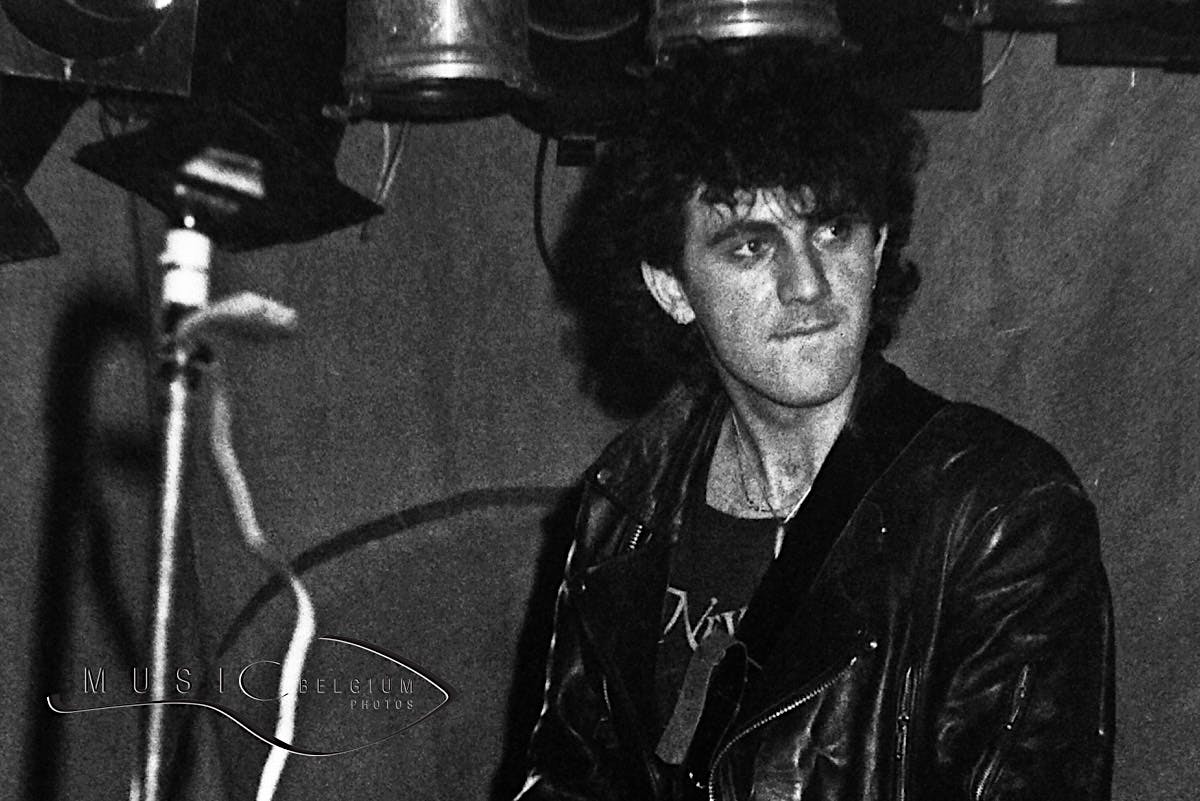
He grew up in the seaside resort of Blackpool in 1959 and remained in the shadow of Marc Almond. Dave Ball passed away on October 22nd. Always so discreet.
Dave Ball began his studies at Leeds Polytechnic, where he discovered the first "portable" and affordable synthesizers, such as the Moog. This was a pivotal encounter for his career, a meeting with these instruments that he has always taken great pleasure in pushing to their limits. There, he also met Marc Almond, as extroverted as he himself could be reserved.
Together, they formed the duo Soft Cell in 1978, whose tracks, composed entirely without analog instruments, became essential anthems in nightclubs. Rather than their original compositions, sometimes very dark or extremely provocative, they achieved great success with unrecognizable covers of dusty old classics like Ed Cobo's "Tainted Love," first popularized by Gloria Jones in 1964, or, of course, "Where Did Our Love Go?" composed by the famous trio Lamont-Dozier-Holland for the Supremes, also in 1964. Like many, swept away by the whirlwind of success, he unfortunately succumbed for many years to excessive consumption not only of alcohol but also of far more addictive and harmful substances.
Even before Soft Cell's first breakup in 1984, he produced the ambitious "In Strict Tempo" (1983), some tracks of which, like "Mirrors," evoke a soundtrack for an improbable sequel to Alfred Hitchcock's "Psycho," which was yet to be filmed.
Whether for his sporadic personal recordings or his numerous collaborations, Dave Ball almost always opts for often abrupt detours. Whether it's "Other People" (with his wife Gini), "English Boy On The Loveranch," or his brief stint with Psychic TV, the projects he lends his name to are short-lived.
Since Soft Cell's admittedly sporadic reunion in 2001, Dave Ball hasn't abandoned his often fleeting experiments. He formed Nltewreckage from scratch in 2011, but the band seems to have floundered after their first album, "Take Your Money And Run." He also recorded the highly experimental "Photosynthèses" with pianist Jon Savage.
Always alongside Marc Almond, Dave Ball still prefers the shadows to the spotlight in which his partner loves to contort himself. While Dave, following post-operative complications, had been confined to a wheelchair for some time, he nevertheless found the time and strength to record an album with Marc, which will be released next year.
I learned of his passing while listening to "Il est toujours 5h quelque part" (It's Always 5AM Somewhere), Rudy Léonet's excellent podcast, available on all platforms (from Spotify to Apple Music and YouTube). I'll let him have the last word: "Static behind his keyboard, he sometimes looked unsettling. It's a bit of a shame he didn't receive the recognition he deserved during his lifetime (...) Yet they composed an impressive number of fantastic songs together (...) imbuing them with a very soulful rather than simply robotic approach. Soft Cell also brought a very underground approach with songs about amphetamines or even about dwarf prostitutes ("Sex Dwarf")!". In memory of Dave Ball, Rudy chose "Numbers," which deals with the theme of "body counting" (counting the number of partners an individual has, usually with the aim of having the highest possible total), from the album "The Art Of Falling Apart" (1983).
(MH with Stéphane Soupart - Photo : © Etienne Tordoir)
Photo: Dave Ball with Soft Cell on stage at the Manhattan in Leuven (Belgium) on March 11, 1983
LATEST NEWS

Born on January 20: Paul Stanley (KISS) promises not to touch make-up!
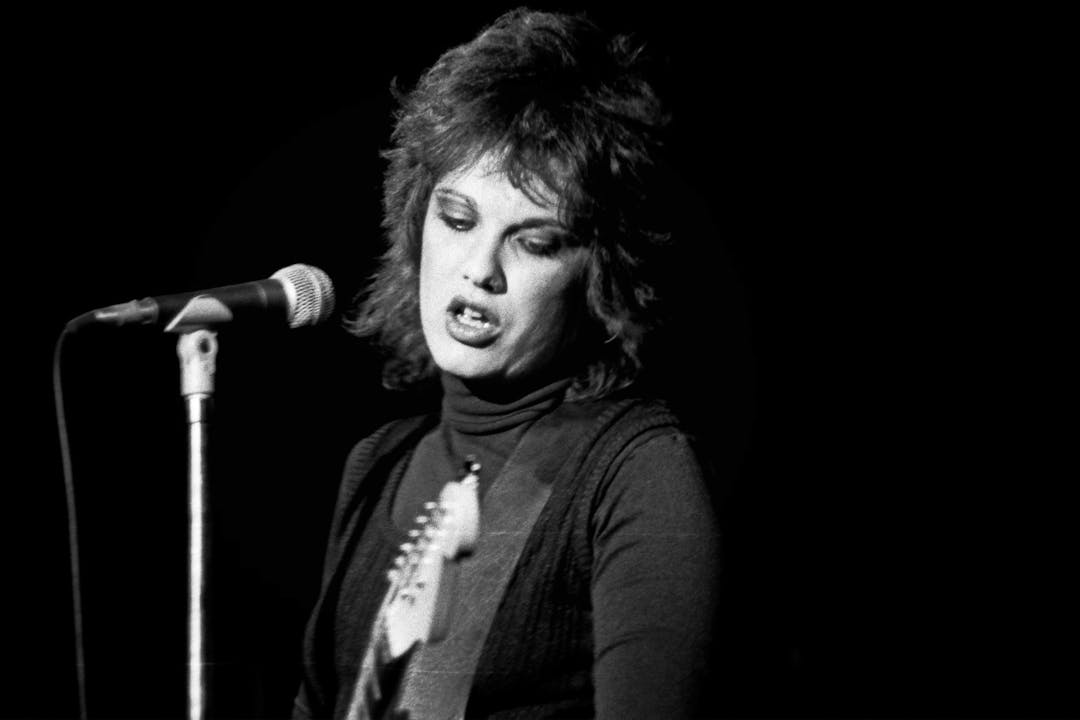
Born on January 19: Martha Davis, the Motels' singer's troubled life
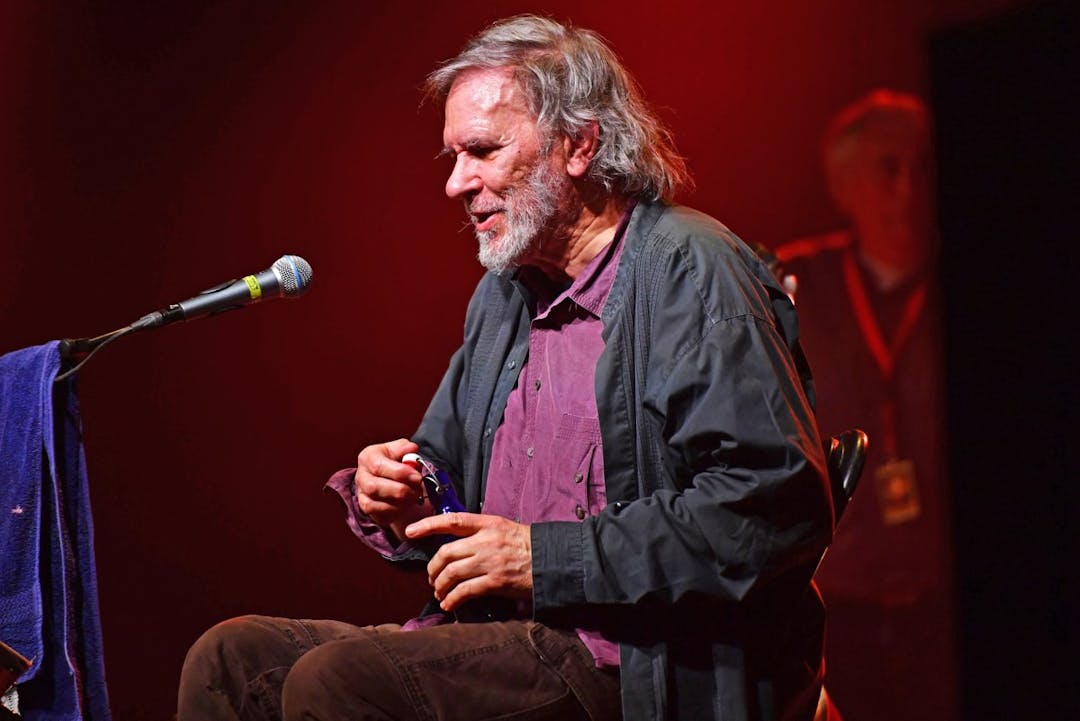
RIP: The legendary Tucker Zimmerman has passed away at the age of 84.
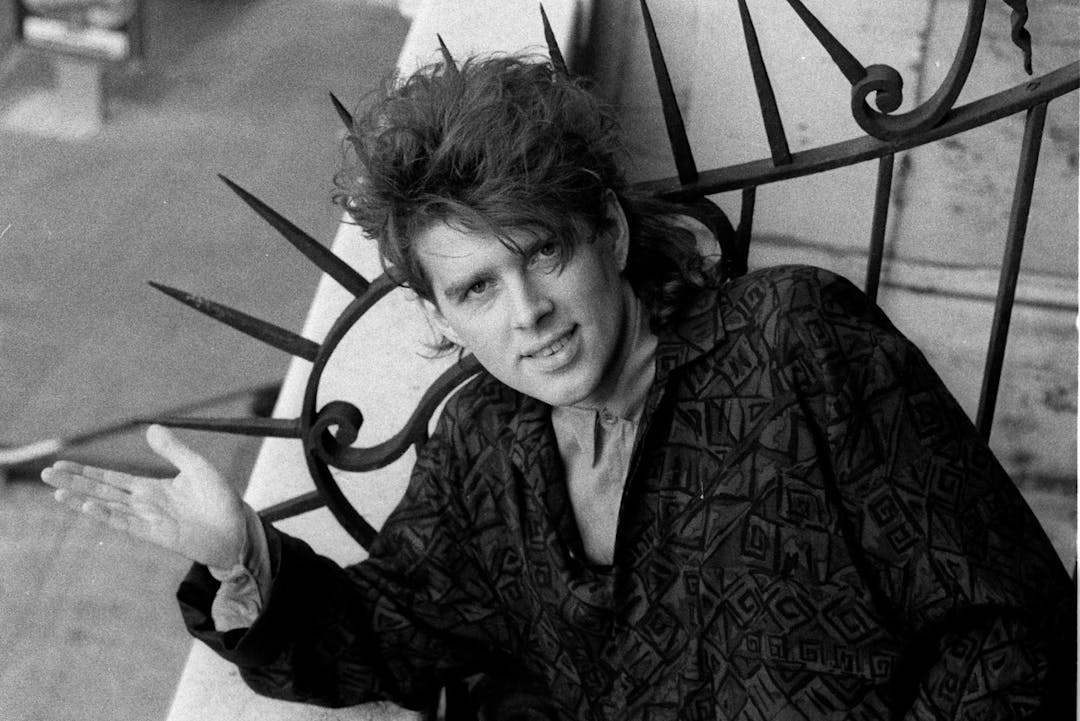
Born on January 18: Tom Bailey (Thompson Twins) always calls his "Doctor! Doctor!"
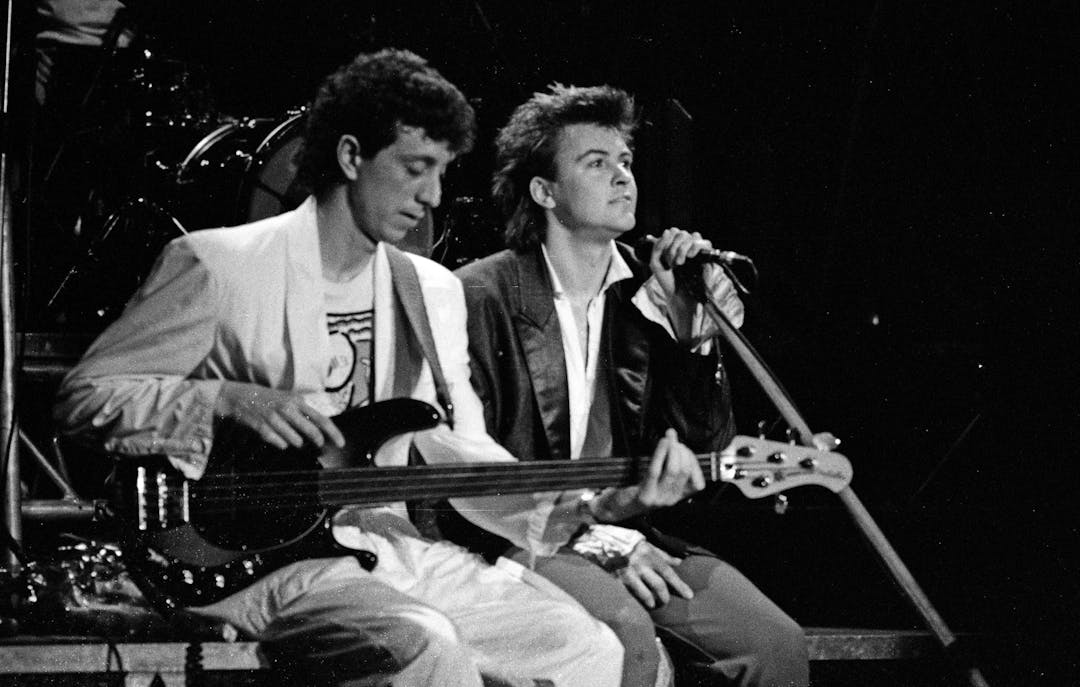
Born on January 17: Paul Young holds on to his crown as king of romantic ballads
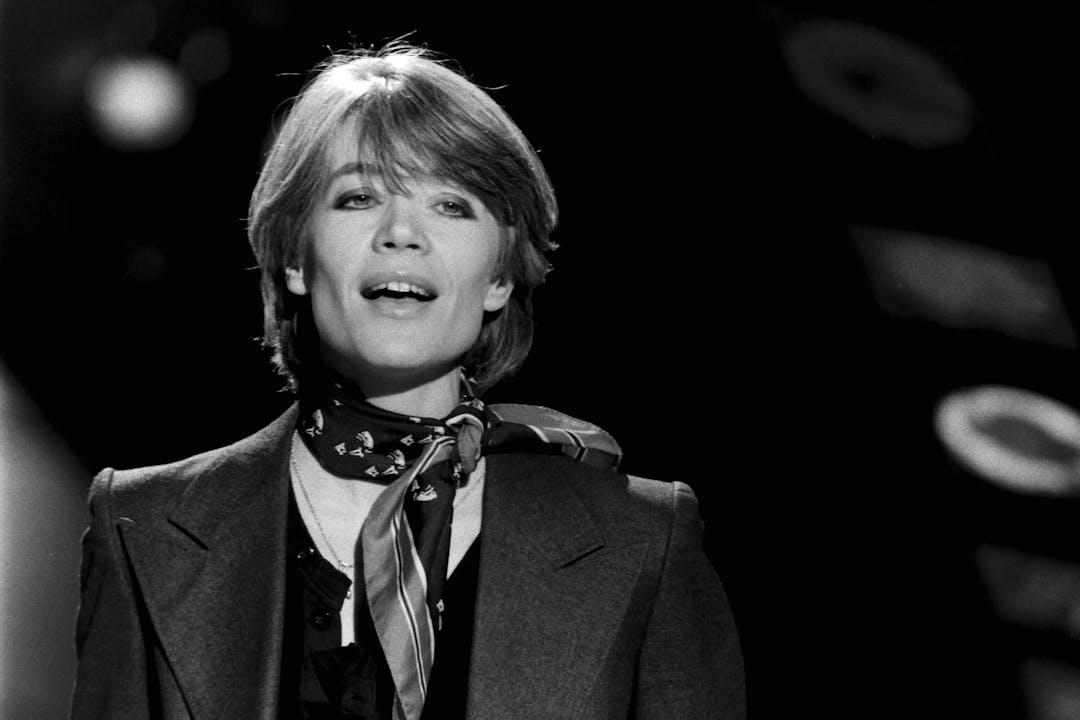
Born on January 17: Françoise Hardy left to find the stars in 2024
Quick links